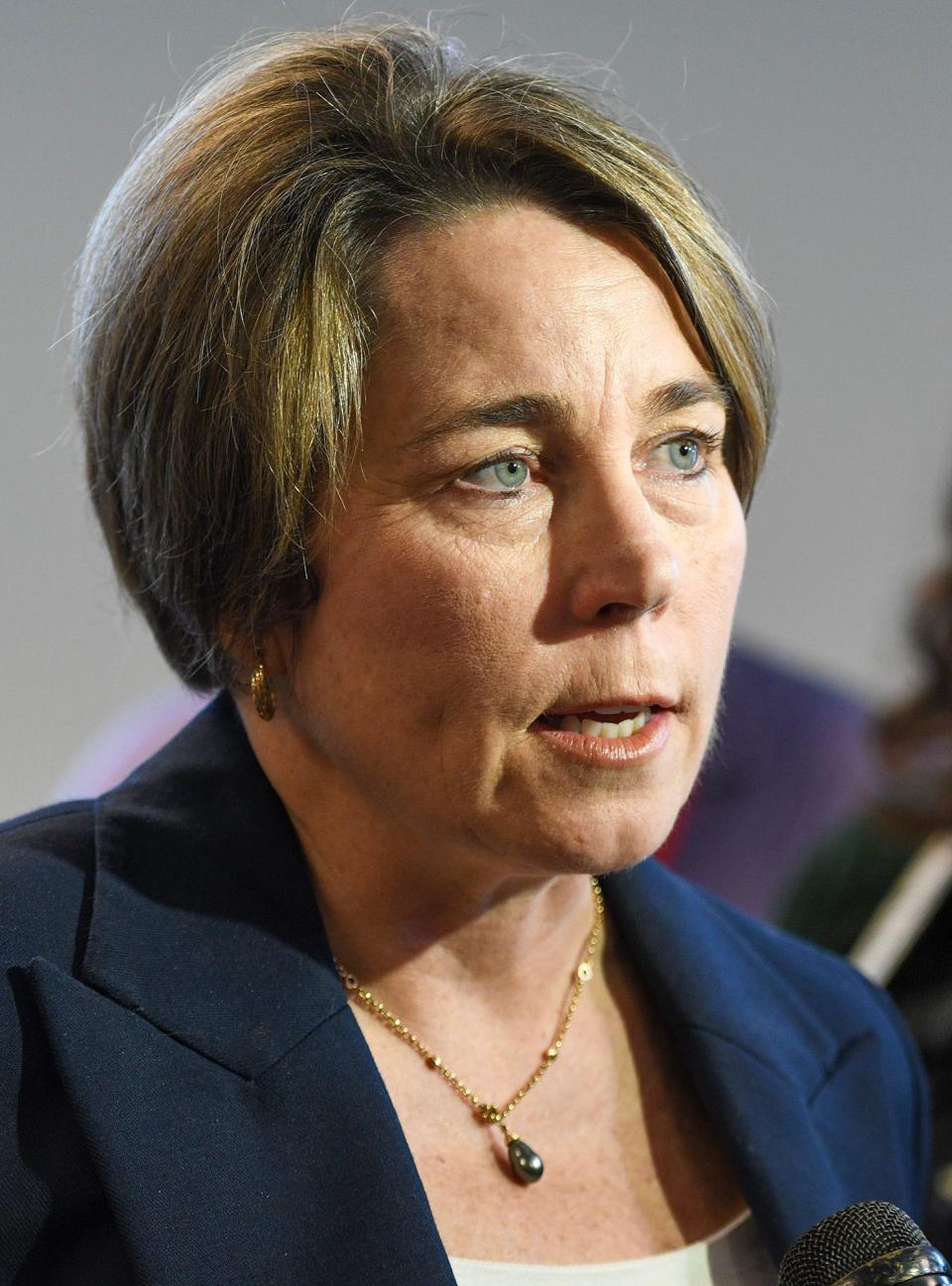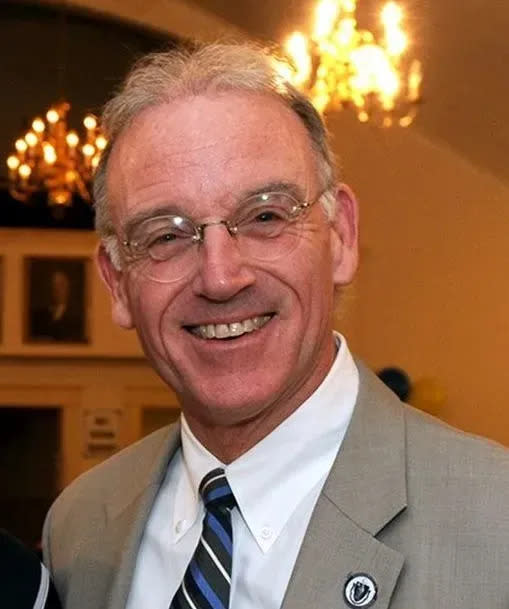House lawmakers seek to preserve funding for state's personal care assistant program
- Oops!Something went wrong.Please try again later.
Editor's note: According to MassHealth, the state House of Representatives did not preserve the personal care attendant funding from fiscal 2024 in its fiscal 2025 proposal; A previous version of this story incorrectly reported the status of the PCA funding.
BOSTON — The House's fiscal 2025 budget proposal will not carry over funding for the state’s personal care attendant program — which was originally slimmed down in the governor’s budget — even as disability advocates say cuts could leave about 6,000 people without caretakers.
The House budget released earlier this month did not maintain PCA program funding from fiscal 2024. The program, which is run by MassHealth, gives funds to customers with disabilities to hire personal care attendants to help with daily tasks.
Gov. Maura Healey’s January budget proposal targeted PCAs as it looked to close a $950 million MassHealth shortfall as a result of declining federal revenues. Under her proposal, only customers who receive more than 10 hours of activities of daily living assistance — a term used to describe fundamental skills required to independently care for oneself, including bathing, eating or dressing — would be eligible for the PCA program.

'Tightening fiscal environment': Regional bus networks hope for level funding next year — but it may not happen
“From our perspective, it’s hard to have a conversation about fiscally sustainable MassHealth spending without talking about the PCA program,” said Mike Levine, assistant secretary for MassHealth, during a hearing last month. “We really did try to tailor our proposal around preserving the program for those who most rely on it to remain in the community and thrive.”
According to the Governor’s Office, the PCA program is set to cost $2 billion by fiscal 2027.
Nonprofit executive says administration underestimates impact of cuts
Meg Coffin, CEO of the Center for Living & Working in Worcester, said while some customers receive less than 10 hours, they still receive several hours of other essential services for what’s called incidental activities of daily living, such as meal preparation or transportation.
“When you just say 10 hours, 6,000 people, the numbers don’t really speak to who will be impacted by this,” Coffin said. “I think it was just a lack of knowledge on this administration as to how (big) the impact would be.”
PCA customers operate as employers and are responsible for finding their own attendants, said Lisa Prince, CEO of Tri-Valley Inc., a Dudley-based organization that provides services for older individuals and younger persons with disabilities.
'Not the views of this administration': Healey shoots down suggestion of adding traffic tolls at Mass. line
Groups like the Center for Living & Working and Tri-Valley Inc. are personal care management agencies. They do not assign personal care attendants to clients, but rather help people find PCAs and train clients on how to act as employers.
“The thought of 200 people losing the one service that may be allowing them to remain in their home is so concerning, and truly at what cost?” Prince said. “At what cost savings?”
Prince said MassHealth has told Tri-Valley there would be other options for the approximately 200 people serviced by Tri-Valley and who would lose eligibility.
Cuts to PCA program could add strain to home health aides
Coffin said her agency services about 2,300 people in Central Massachusetts, and that cuts to the program would mean added strain on the state’s network of home health aides, who perform the responsibilities of a PCA and additional medical tasks.
As a result of changing the guidelines, the 6,000 people made ineligible would be moved onto the HHA program, which could mean a loss of independence and potentially limit the types of services a caretaker could provide, like catheter care, Coffin said.
“It (PCA) does allow consumers to really direct the care that they need as they want it, how they want it,” she said. “So these folks who would be rolled off PCM would actually lose control of the services because they would no longer be controlling the care.”

State Rep. Brian Murray, D-Milford, said the budget is “in good shape,” even with big unexpected expenses such as the emergency shelter system. He said stabilization funds that have been building up since COVID-19 will be used to fill out those expenses.
“We really need to look to be creative, to always be the beacon, and always be … forward thinking and not making short-term decisions based on a budget cycle that might be three years,” Coffin said.
This article originally appeared on MetroWest Daily News: Mass. nonprofits warn against cuts to personal care assistant program

